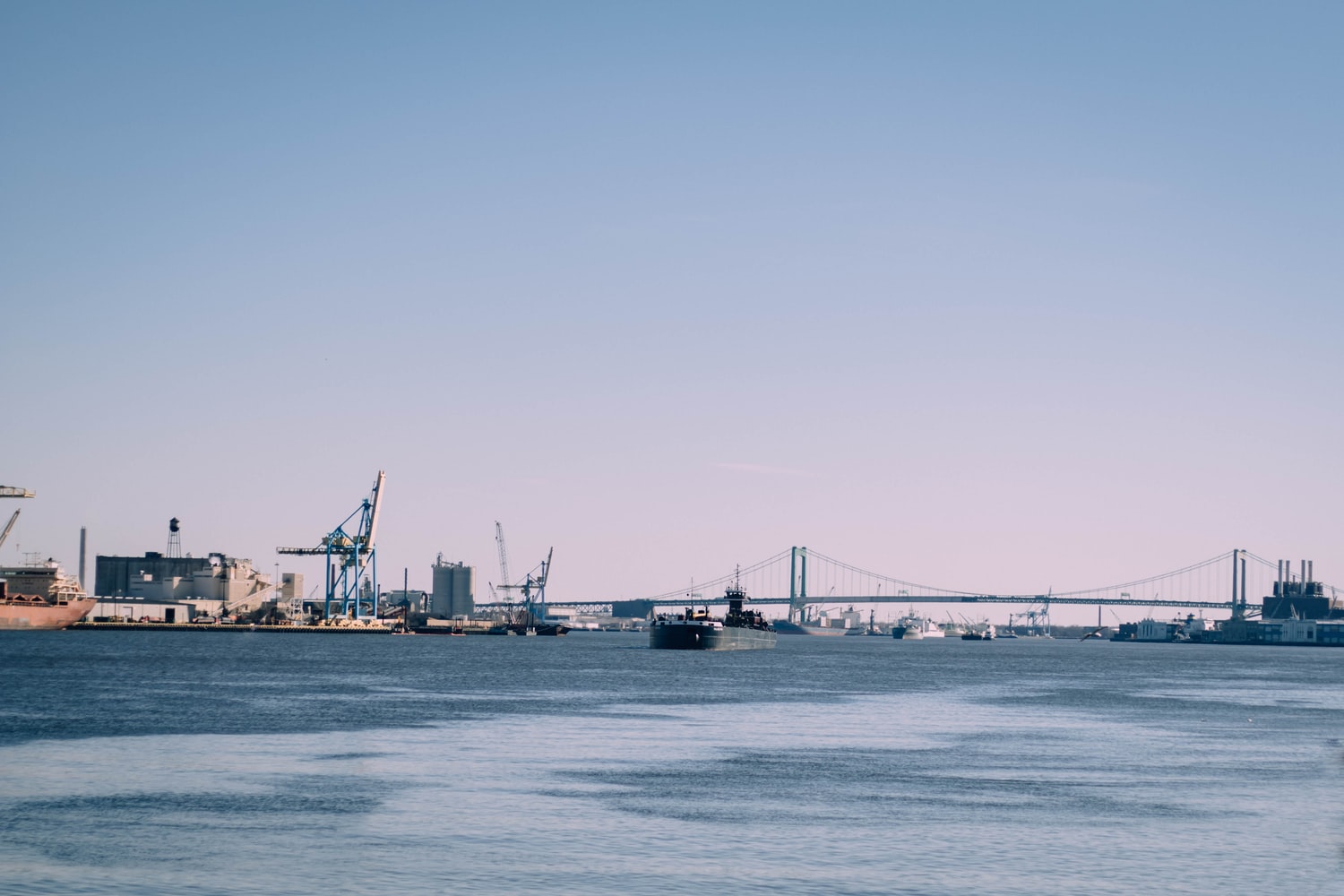Market indicators for Philadelphia’s industrial sector are mostly positive, with 42 percent of all firms reporting increased orders according to the Federal Reserve Bank of Philadelphia. This is despite long-term lows in activity in mid-2020. Still, some economists entertain the possibility of the US-China trade war threatening to affect the industry, and ultimately other enterprises, in the region. Industry in Philadelphia has been relatively insulated from the effects of the trade war compared to other parts of the US, but that is still subject to change. For the time being, however, it would seem that the sector continues to stand firm.
Philadelphia’s Manufacturing Numbers To Rise Again
According to Philly Fed, Philadelphia’s average manufacturing subindex level points to a slight rise in the national Consumer Price Index. Still, more information is needed before a full forecast can be given. However, it is projected that Philadelphia’s numbers will once again exceed the previous level it achieved thanks to its ties with the Institute of Supply Management. This is thanks to the fact that it remains distanced from the China-US trade war as of now.
A Sweeping Investment Shift
While the sudden hit to the economy had made the manufacturing sector struggle to figure out how to cope, it has seen certain trends accelerate. Retail, which had been in the middle of a redesign trend, now has to account for the challenges of the new normal as well. This impetus will give the trend the momentum it needs to completely take over the entire sector. Industrial logistics now takes precedence over physical store space. This is due to the fact that most people are doing their shopping online.
Businesses will need to meet the logistical capacity needed to cope with the lack of physical stores. Merchandise will have to be carried from production or distribution sites directly to customers’ doors. This means that they will be spending more on storage facilities, logistics vehicles, and logistics supplies like skid steer solid tires, The result is more business for construction and equipment manufacturers. And we’re already seeing the effects of that shift in investment now.
Industrial Real Estate Sales Abound
Amazon had recently announced that it will lease a newly built warehouse in Northeast Philadelphia. Dubbed the Philadelphia Logistics Center, Amazon will occupy all of its 207,370 square-foot area. This, according to Amazon, will be the workplace of 5,000 new logistics employees paid at twice the federal minimum. The surge in online sales, especially for everyday goods such as groceries, has been the main driving force behind this move.
Similarly, retail firms are also hopping onto the industrial real estate trend. Connecticut-based Ivy Realty recently bought an industrial building, also in North Philly, for $20 million as part of its newest expansion campaign in the region. The building, at 14400 McNulty Road, Byberry East Industrial Park, was once an aluminum fencing factory turned into an Ikea distribution center. As the market for industrial spaces booms, it is likely we’ll see more sales like this in the near future.
While frequently compared to the market crash of 2008, it would seem that the economic downturn we are experiencing has some very effective workarounds. Time will tell if this adaptation will ultimately bail us out, but so far, economists are optimistic about the outcome.

